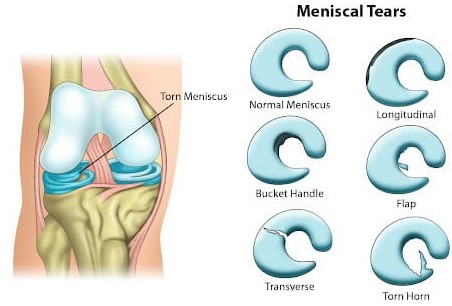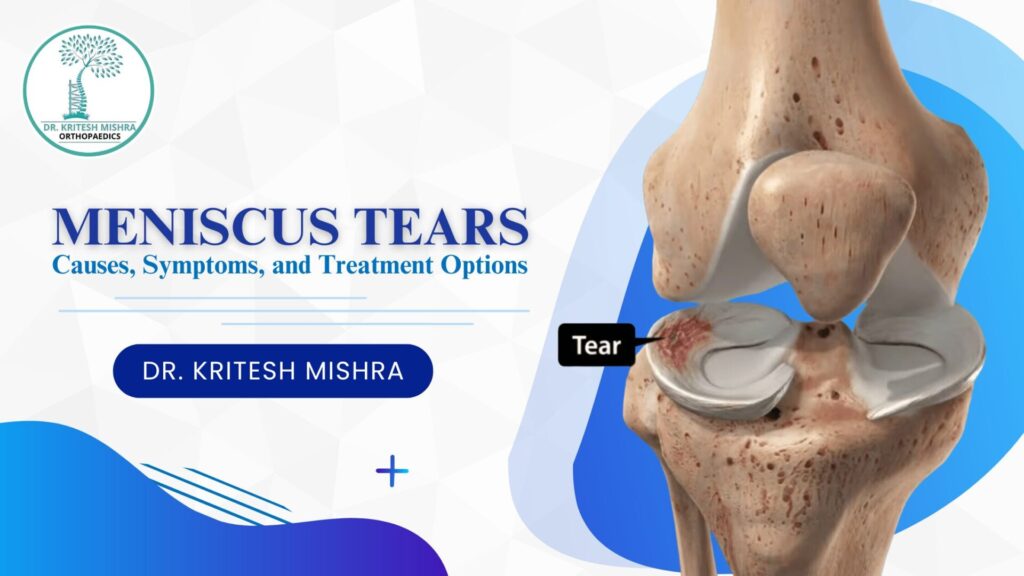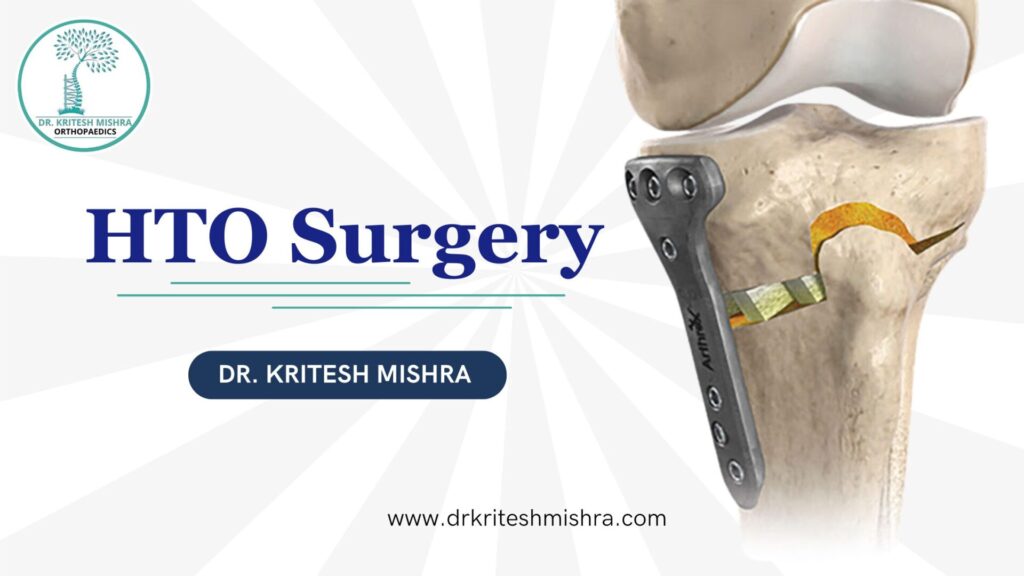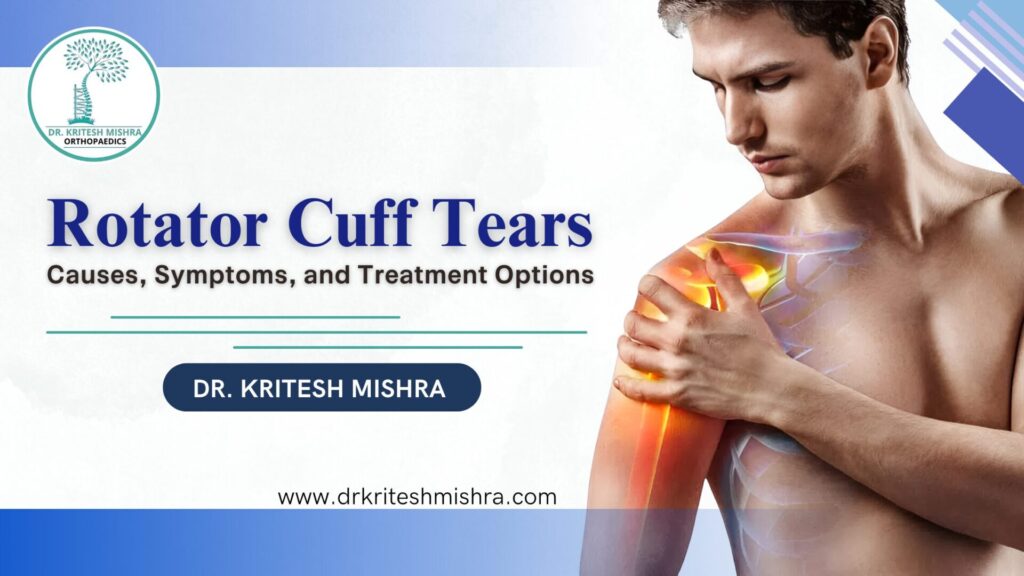Meniscus tears are one of the most common knee injuries, affecting athletes, active individuals, and even older adults. The meniscus is a crescent-shaped piece of cartilage in the knee that cushions the joint and ensures smooth movement. When this cartilage is damaged, it can lead to pain, swelling, and limited mobility.
In this blog, we will explore what causes Meniscus Tears, how to identify the symptoms, and the available treatment options. Understanding this injury can help you take better care of your knees and seek appropriate medical attention when needed.
What Causes Meniscus Tears?
A meniscus tear can happen to anyone, but certain activities and conditions make people more prone to this injury.
1. Sports Injuries
Athletes, especially those involved in contact sports like football, basketball, or soccer, are at higher risk. Sudden twists, turns, or direct impacts to the knee can cause the meniscus to tear. Activities that require squatting or lifting heavy weights can also lead to tears.
2. Aging and Degeneration
As we age, our cartilage weakens. Older adults are more susceptible to degenerative meniscus tears. These tears can occur with little or no trauma, as the cartilage becomes fragile and prone to breaking down over time.
3. Accidents and Falls
Injuries from falls or accidents can also lead to meniscus tears. This type of tear is usually seen in older adults or people with weakened cartilage.
Symptoms of Meniscus Tears
Recognizing the symptoms of a Meniscus Tear can help ensure timely diagnosis and treatment. Some common symptoms include:
1. Pain in the Knee
Pain is one of the first signs of a meniscus tear. The pain may be localized to the side or center of the knee and can worsen with activity or bending the knee.
2. Swelling
Swelling usually occurs within 24 hours of the injury. The knee may appear puffy or stiff, and it may be difficult to move freely.
3. Stiffness and Limited Range of Motion
People with a meniscus tear often find it hard to fully extend or bend their knee. The stiffness can make even simple movements like walking uncomfortable.
4. Popping or Clicking Sensation
A tear in the meniscus may cause a popping or clicking sound when you move the knee. In some cases, the knee may feel like it’s locking or catching, making it hard to move normally.
5. Instability
A torn meniscus can make the knee feel unstable, as though it might give way while standing or walking.

Diagnosing Meniscus Tears
If you suspect a meniscus tear, it’s important to consult a healthcare provider for an accurate diagnosis. Dr. Kritesh Mishra, a Joint Replacement & Sports Injury Specialist, may recommend a physical exam and imaging tests, such as X-rays or an MRI, to confirm the injury and determine its severity.
Treatment Options for Meniscus Tears
The treatment for Meniscus Tears depends on the severity of the tear, the patient’s age, activity level, and overall health. Treatments range from conservative approaches to surgical interventions.
1. Rest, Ice, Compression, Elevation (RICE)
For minor tears, the RICE method is often effective. Resting the knee, applying ice, using compression bandages, and elevating the leg can reduce pain and swelling.
2. Physical Therapy
Physical therapy plays a crucial role in strengthening the muscles around the knee and improving flexibility. A structured rehabilitation program can help restore knee function and reduce the risk of future injuries.
3. Medications
Over-the-counter pain relievers such as ibuprofen or acetaminophen can help manage pain and inflammation. In some cases, cortisone injections may be recommended to reduce swelling and pain.
4. Surgery
In more severe cases, surgery may be required. There are two main types of surgery for meniscus tears:
Meniscectomy: This involves removing the damaged portion of the meniscus.
Meniscus Repair: If the tear is in a location that can heal, the surgeon may stitch the meniscus back together.
Recovery time depends on the type of surgery performed and the patient’s adherence to post-operative rehabilitation.
Conclusion
Meniscus tears are a common knee injury that can affect your daily activities if not treated properly. Understanding the causes and symptoms can help you seek medical attention early and choose the right treatment. If you experience knee pain, stiffness, or instability, it’s essential to consult a specialist.
For professional diagnosis and treatment, visit Dr. Kritesh Mishra, Joint Replacement & Sports Injury Specialist to ensure the best care for your knee health.
Frequently Asked Questions
Meniscus tears are commonly caused by sudden twisting or pivoting movements, often during sports activities. They can also occur due to degenerative changes in the knee, especially in older adults, or from accidents and falls.
Symptoms of a meniscus tear include knee pain, swelling, stiffness, difficulty moving the knee, and sometimes a popping or clicking sensation. If your knee feels unstable or locks up, it’s important to see a specialist for a proper diagnosis.
Treatment options range from conservative methods like rest, ice, compression, and physical therapy to surgical procedures like a meniscectomy or meniscus repair, depending on the severity of the tear.



